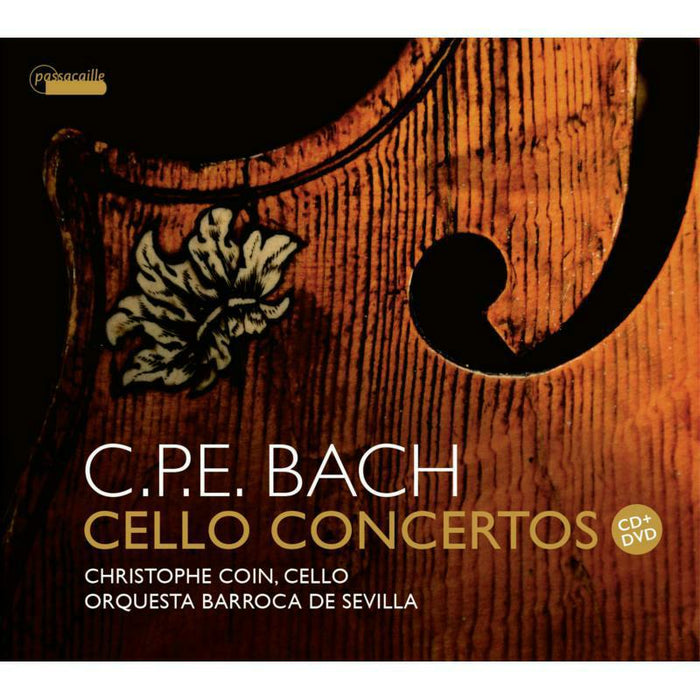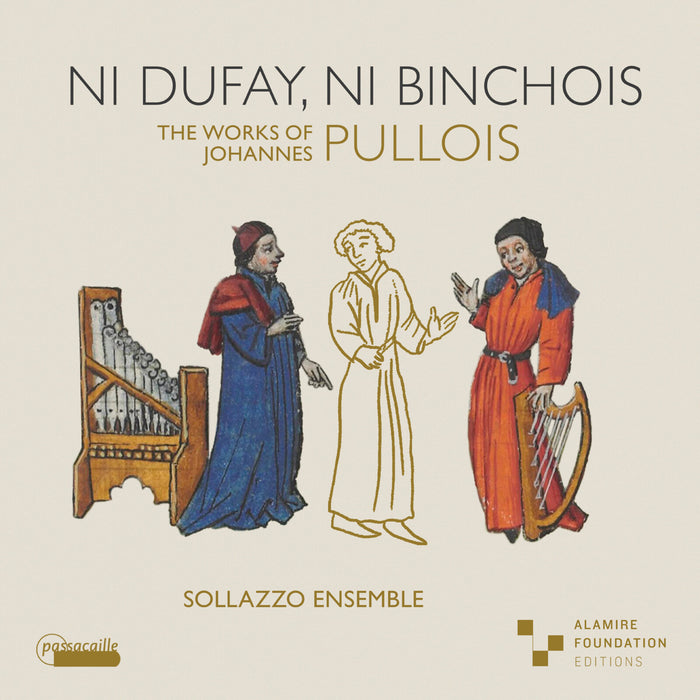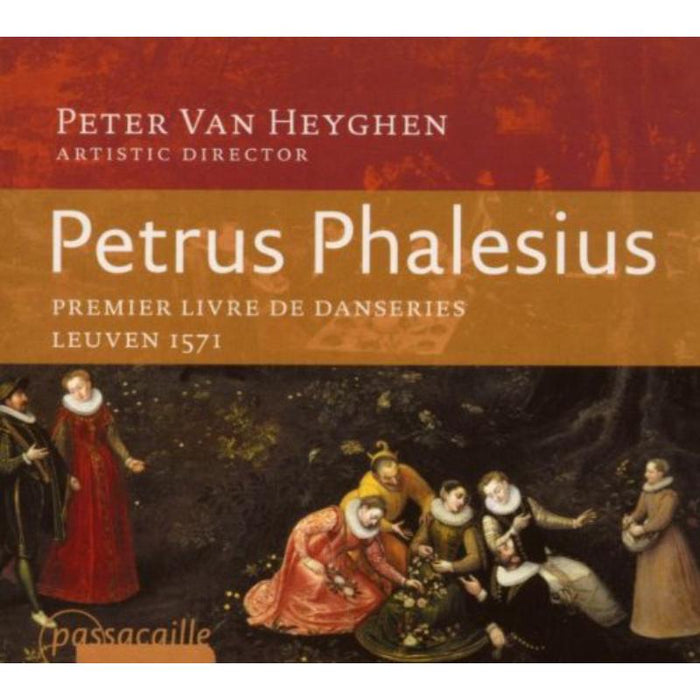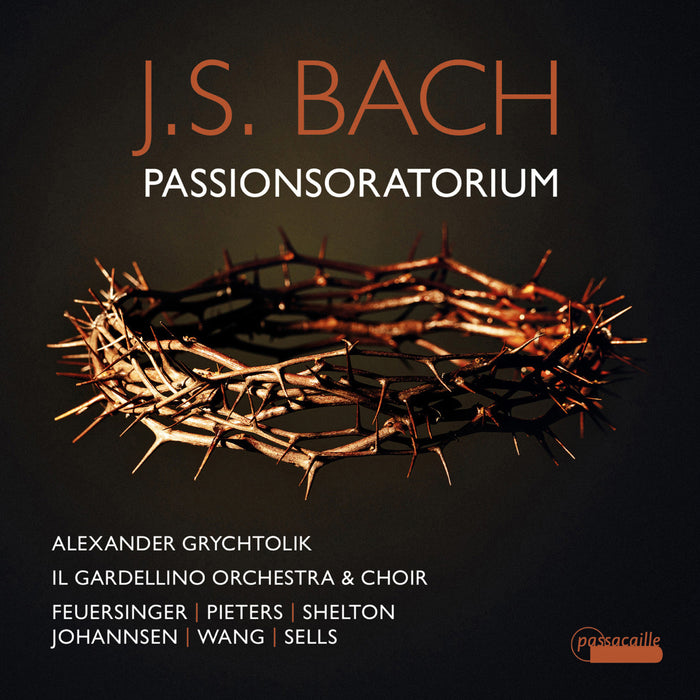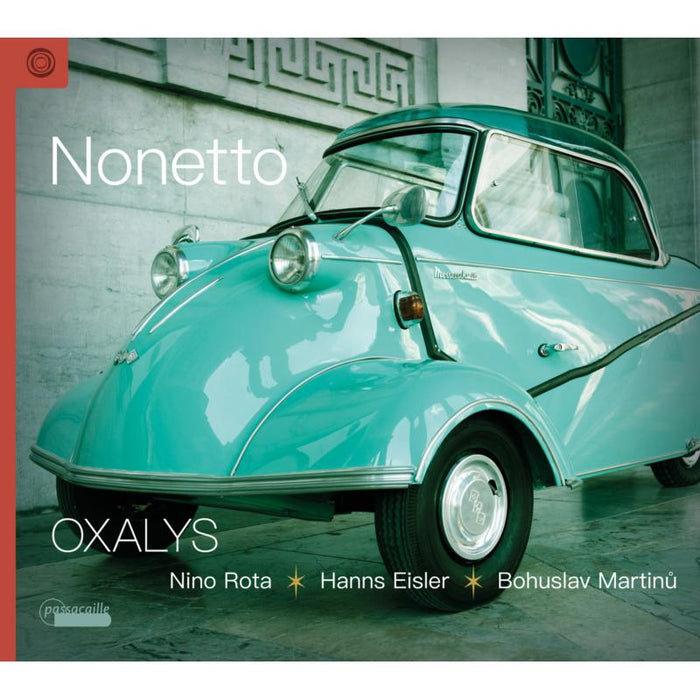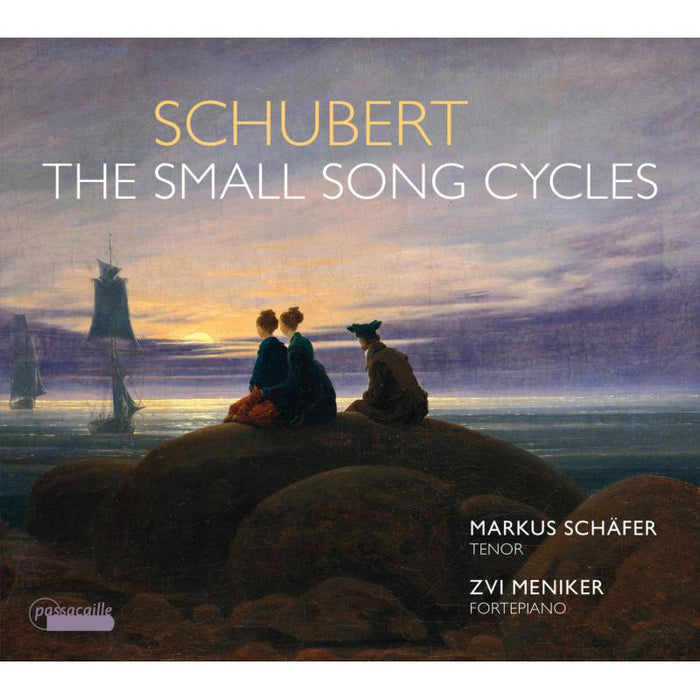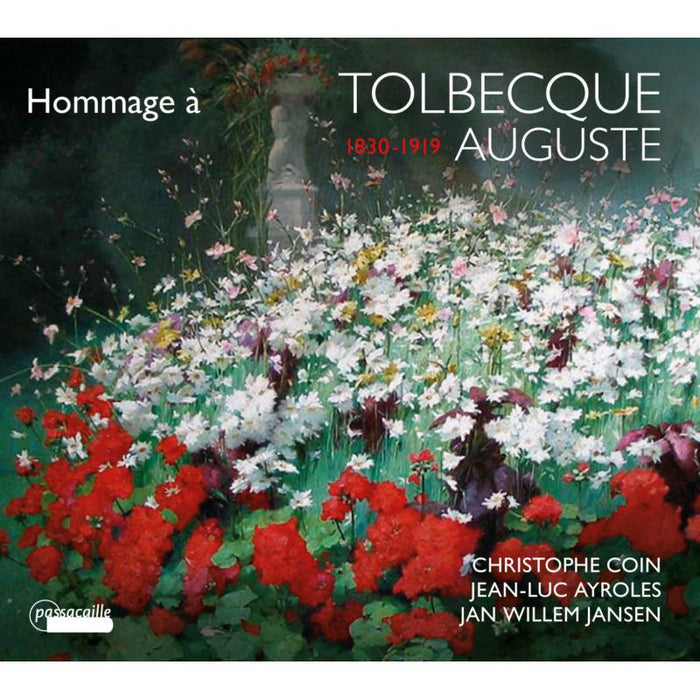Description
In the latter half of the 18th century, the Portuguese court saw the emergence of distinctive instrumental practices within its sacred repertoire.
Among these innovations were works composed for Holy Week that featured concertante violas but conspicuously omitted violins. This unusual instrumentation became a hallmark not only of daily court music but also of Portuguese music as a whole. This tradition likely reflects the profound influence of Neapolitan music in Portugal, aligning with a broader practice of incorporating solo bass instruments to enhance the solemnity of liturgical occasions, such as Holy Week and All Souls' Day.
One of the most notable composers of the Patriarchal Chapel to embrace this style was Jose Joaquim dos Santos. Born in Obidos in 1747, he entered the Patriarchal Seminary in 1754, studying under the renowned Neapolitan composer David Perez. By 1763, Santos had joined the seminary's teaching staff, where he remained a central figure until his death in 1801. His work exemplifies the rich interplay of local tradition and Neapolitan influence.
'In this performance, his settings have been perfectly realised by the four singers and the vocal ensemble, who approach these texts with great concentration; dynamic contrasts are exactly right. The two most expressive Responsories cannot fail to make a lasting impression. The low instruments are a perfect match to the voices.' – Music Web International


